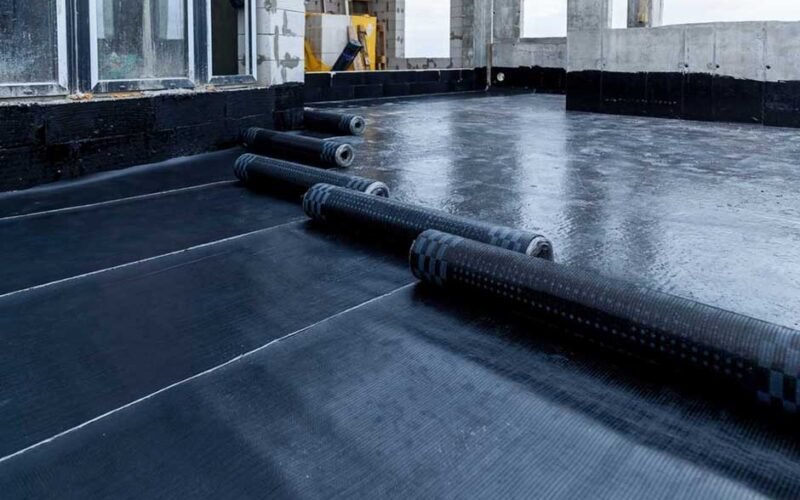When it comes to managing waste efficiently on construction sites, home renovations, or large-scale cleanups, using a skip truck can streamline the entire process. However, before hiring one, there are several factors to weigh to ensure the vehicle suits your project’s needs, aligns with safety regulations, and keeps your budget on track.
1. Understand Your Project’s Scope
Not all waste disposal needs are created equal. Consider the size and type of project you’re tackling. A residential spring-cleaning job will generate significantly less waste than a commercial demolition site. Knowing your project scope helps determine the appropriate skip bin size and whether a skip truck is even necessary. Overshooting or underestimating can lead to either increased costs or operational delays.
2. Choose the Right Bin Size
Skip trucks are designed to carry skip bins of various sizes, commonly ranging from 2 to 30 cubic metres. Choosing the right bin size is crucial. If it’s too small, you’ll require multiple pickups, increasing costs. If it’s too large, you may pay for space you don’t use. As a rule of thumb, estimate your waste and consult the skip bin provider for guidance.
3. Know What You Can and Can’t Dispose Of
Most skip hire services have strict policies on what materials are allowed in the bins. While general household waste, green waste, and construction debris are typically accepted, hazardous materials like asbestos, chemicals, batteries, and paint are not. Improper disposal can lead to fines and potential environmental harm. Always ask the provider for a list of prohibited items.
4. Check Site Access and Ground Conditions
Before booking a skip truck, assess your site’s accessibility. These trucks require enough room to enter, unload or load the skip, and exit safely. Ensure there are no low-hanging wires, narrow driveways, or weak ground surfaces that could hinder the truck’s movement or damage your property. If access is limited, you may need an alternative delivery option or a smaller bin.
5. Consider Local Permits and Regulations
In many areas, placing a skip bin on public property such as the roadside or nature strip requires a permit from the local council. Failing to secure one can result in fines. Your skip bin provider may assist with the permit application, but it’s best to confirm this in advance. If you’re placing the bin on private property, like your driveway, no permit is usually required.
6. Time Your Hire Correctly
Timing is everything when it comes to efficient waste removal. Most providers offer skip hire for a set number of days, with extra fees for extended hire. Plan your project timeline so that the bin arrives when you’re ready to fill it and can be picked up once full. This helps avoid additional costs and ensures the bin doesn’t obstruct work or public areas for longer than necessary.
7. Safety Around the Skip Bin
Keep your site safe by following proper loading guidelines. Avoid overfilling the bin, as overfilled skips pose serious risks during transportation and may not be legally moved. Materials should be loaded evenly, heavier items at the bottom, and no objects should hang over the edge. Also, restrict access to the bin to prevent illegal dumping or injury.
8. Ask About Recycling and Waste Management Practices
Environmentally conscious waste disposal is increasingly important. Ask your skip hire company how they manage waste post-collection. Many companies now recycle a high percentage of the materials collected, diverting them from landfill. Choosing a provider with eco-friendly practices helps reduce your project’s environmental impact.
9. Compare Quotes and Services
Pricing can vary between providers, so shop around for quotes. However, don’t base your decision solely on price. Look at service quality, customer reviews, bin sizes offered, and their reliability record. A slightly higher fee may be worth it for better service, timely pickups, and peace of mind.
10. Plan for Pickup and Final Clean-Up
Once your bin is full or the project is complete, schedule the pickup without delay. Letting a full bin sit on-site can be hazardous and might attract illegal dumping. Make sure the area around the bin is cleared for easy truck access and final removal. Prompt pickup wraps up your project efficiently and keeps the site clean.
Conclusion
Using a skip truck can greatly simplify waste management for your project, but success lies in thoughtful planning. From choosing the right bin size to understanding regulations and ensuring safety, each detail matters. By keeping these considerations in mind, you’ll make the most of your skip hire—saving time, money, and stress in the process.










